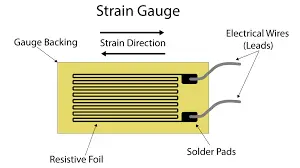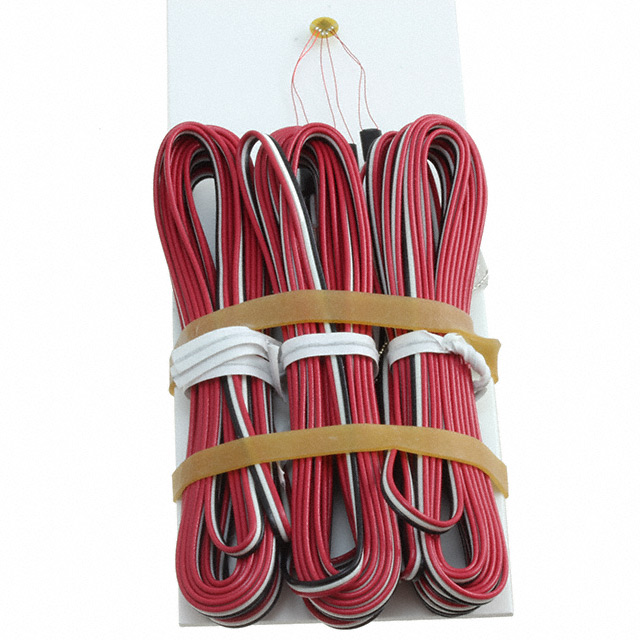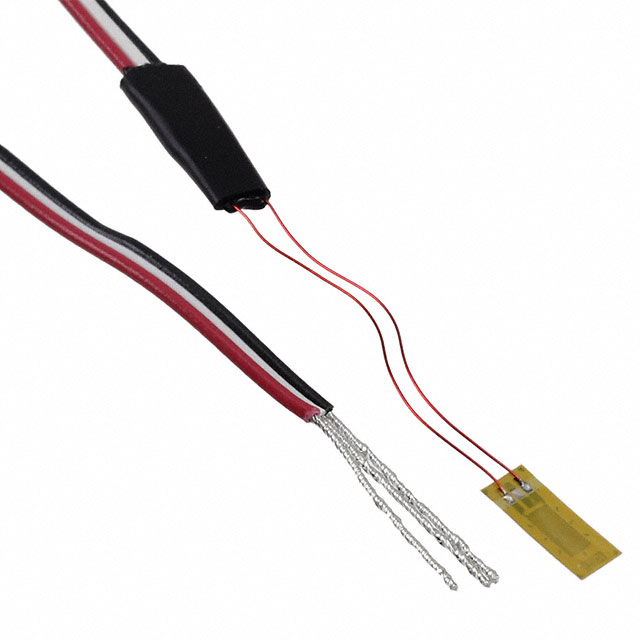Categories
- Strain Gauges(956)
- 1
- 2
- 3
- 4
- 5
- 6
- 48
Description of Strain Gauges
Strain gauges are sensors used to measure the deformation of an object. They detect strain by measuring the change in resistance of conductive material when it is deformed under stress, typically consisting of one or more conductive materials attached to the surface of the object being measured. Strain gauges are widely used in structural health monitoring, material testing, mechanical manufacturing, and aerospace.

Strain Gauges
Strain gauges are sensors used to measure strain, or deformation, in materials. They work on the principle that when a material is deformed, its electrical resistance changes.
Key Components:
- Wire or Foil: The gauge consists of a thin wire or foil arranged in a specific pattern, usually bonded to the surface of the material being tested.
- Adhesive: A special adhesive is used to attach the gauge to the surface, ensuring accurate measurements.
How They Work:
When the material experiences stress (like tension or compression), it deforms. This deformation causes a change in the length and cross-sectional area of the strain gauge, which alters its electrical resistance. This change can be measured and used to calculate the amount of strain.
Applications:
- Structural Health Monitoring: Used in bridges, buildings, and other structures to monitor stress and detect potential failures.
- Mechanical Testing: Helps in testing the mechanical properties of materials in laboratories.
- Load Cells: In devices that measure weight or force, strain gauges are often used to convert mechanical strain into an electrical signal.
Advantages:
- High sensitivity and accuracy.
- Ability to measure very small strains.
- Versatility in various applications and materials.
Limitations:
- Temperature sensitivity can affect readings.
- Requires careful installation to ensure accuracy.
In summary, strain gauges are essential tools in engineering and materials science, enabling the precise measurement of mechanical strain for various applications.















